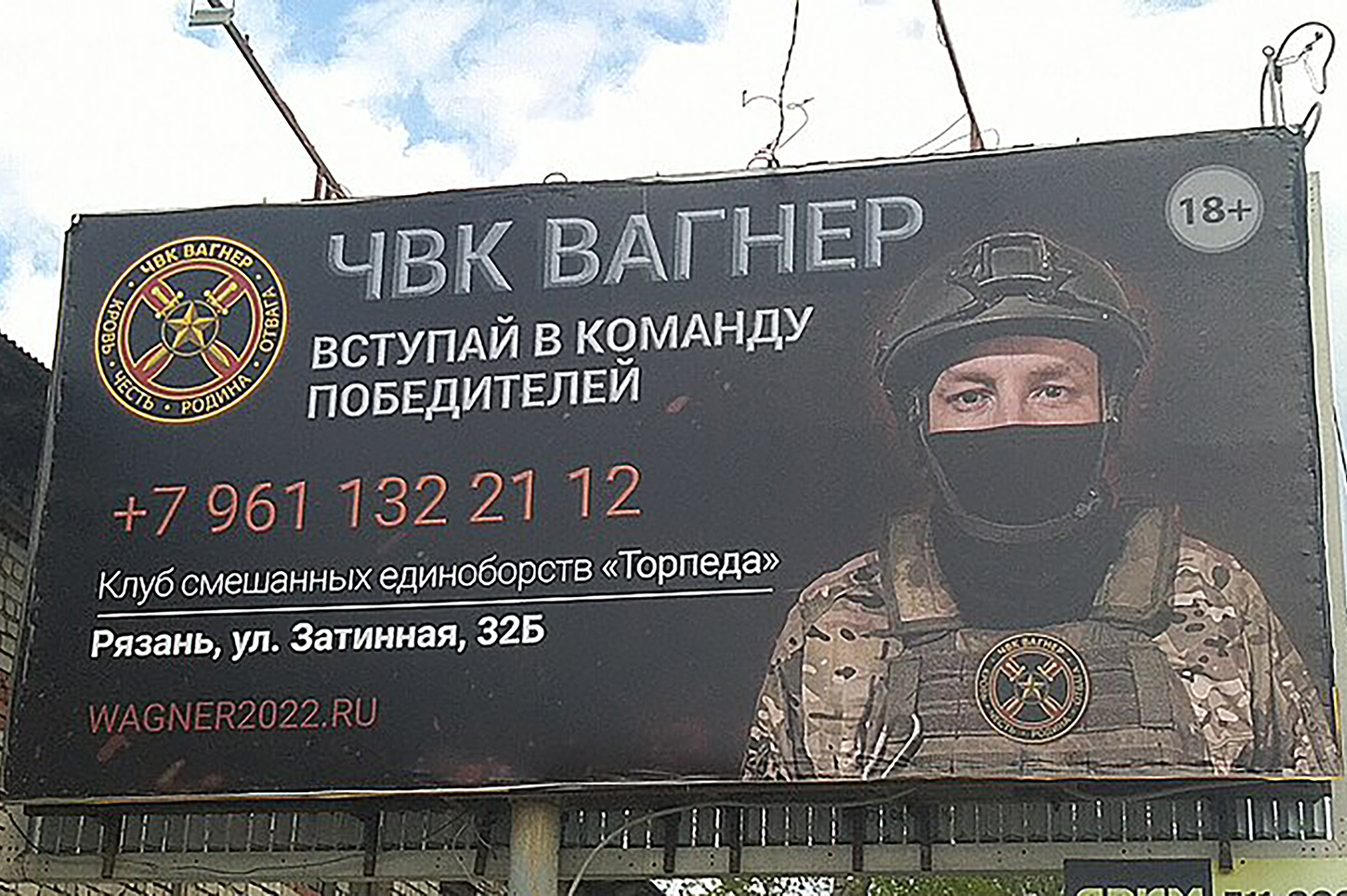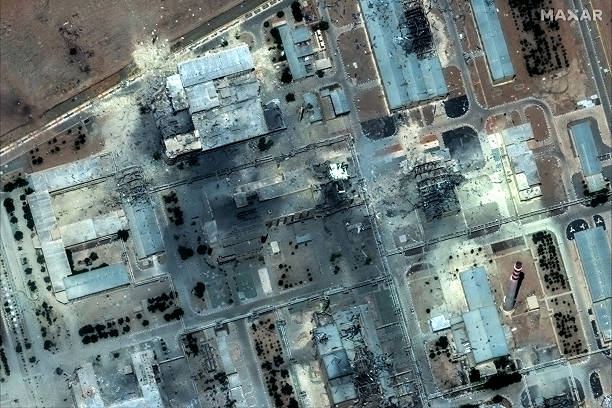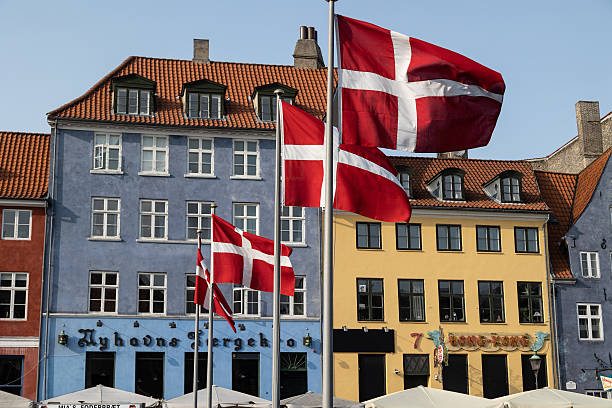Russian private military company uses multimedia propaganda to promote Kremlin policies
Wagner group's multimedia propaganda campaign marks significant shift from previous secretive approach

Wagner group’s multimedia propaganda campaign marks significant shift from previous secretive approach
Russia’s notorious private military company Wagner is using a multimedia propaganda campaign to promote its brand and Kremlin policies. The Wagner verse encompasses everything from action movies and documentaries to pro-war social media channels, animated shorts, comics, and children’s cartoons.
The films depict the fighters as heroes who are helping countries fight off chaos agents often linked to the West. The Russians are portrayed as reliable friends, while Western countries are held in disdain.
In one children’s cartoon, a Russian bear rushes to help a lion in the Central African Republic beat back hyenas plundering a village’s crops. In another animated short, a Wagner paratrooper comes to the aid of a soldier in Mali and helps him repel hordes of zombies wearing helmets with the French flag.
Wagner’s military operations have benefited Moscow diplomatically. Many African nations chose not to condemn Russia’s invasion of Ukraine, either because of economic or military ties, historical links with Communist figures, or anger with the West for dismissing African concerns.
The messaging may be ham-handed, but it appears to have played well in many of the places Wagner operates. Tourists, for example, had a red-carpet premiere in the Central African Republic’s capital, Bangui, that was attended by more than 10,000 people, and the movie has racked up tens of millions of views on YouTube.
However, there is evidence of horrific abuses by Wagner’s fighters in Syria, Libya, the Central African Republic, Mozambique, Mali, and Ukraine, including reports of summary executions, kidnapping, torture during interrogations, and looting.
Many Africans are aware that the connections their governments have with Wagner are merely based on transactions, and they have become accustomed to human rights violations in their conflict-ridden nations.
As Russia's Wagner Group offers its mercenaries to African governments in return for lucrative extraction contracts, its clients are African dictators, not the African people whose democratic aspirations are being suppressed. https://t.co/IdUG07gWiL
— Kenneth Roth (@KenRoth) April 24, 2023
According to Ovigwe Eguegu, a Nigerian policy analyst at the Beijing-based consultancy Development Reimagined, people are conscious of these problems, but it’s important to realize that in places like the Central African Republic, it’s a routine occurrence for mercenaries to kill seven to ten individuals on a typical Tuesday.
The Wagner group’s multimedia propaganda campaign marks a significant shift from its previous secretive approach as a paramilitary organization that denied its existence. The private military company is currently in the spotlight for leading Moscow’s aggressive fight for control over the eastern Ukrainian city of Bakhmut. Within Ukraine, the group’s members, which include ex-prisoners, have been accused of committing atrocious acts against their enemies and even their own soldiers.
Earlier this month, two videos were released showing what appeared to be mercenaries from Wagner beheading two Ukrainian soldiers’ corpses. Ukrainian President Volodymyr Zelensky denounced the act and promised an investigation. The Kremlin also said it would investigate.
This comes after another video last year showing the apparent summary execution of a former inmate who joined Wagner but then deserted and returned to Russia. The use of a sledgehammer has become a signature move for the group, as they filmed themselves using it to kill a Syrian army deserter in 2017, cutting off his hands and head with a shovel before setting his body on fire.







Conversation